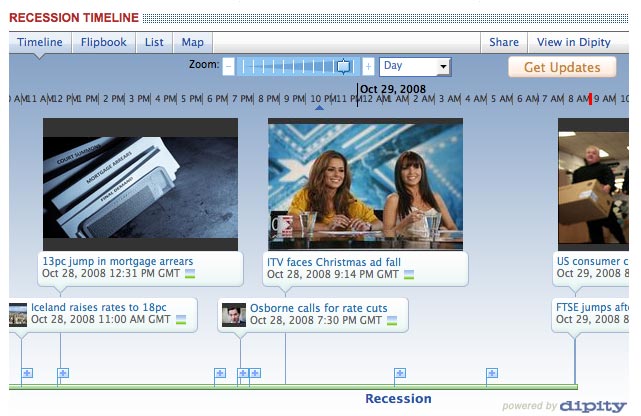Rounding off last night’s discussion panel hosted by New Media Knowledge on the future of the newspaper industry, panelists were asked what or who they would put their money on for success and survival over the next few years.
Martin Stabe, media blogger, former new media editor of Press Gazette and online editor of Retail Week, plumped for niche and expert content:
“I would bet on anyone who can create unique, high quality content. I’d bet on the Financial Times, the Wall Street Journal – those corners of more generalist publications that become more expert,” he said.
Newspapers need to have ‘the ability to compete with all the freely produced expert content that is sometimes better than what is produced by the professionals’, he added.
Neil McIntosh, head of editorial development at Guardian.co.uk, agreed that niche coverage could help newspapers compete with the blogosphere.
“In areas where blogs are working really well, mainstream media has two options: to raise its game and start covering those niches better; or it can get out and as Jeff Jarvis says, ‘do what you do best, and link to the rest’,” said McIntosh
“Those are two areas where mainstream media can move forward but it’s about acknowledging that this world exists.”
Assistant editor at Telegraph Media Group, Justin Williams said trusted brands and content areas such as finance, politics and certain sports are best placed to survive.
“Brands that are trusted and valued no matter how they are produced, those brands will still be here in 10 years time. You’re looking at areas like finance, politics, certain kinds of sport, where we still thrive. During the financial crisis most of us have turned to established news outlets,” said Williams.
“We’re positioned in those markets already, if we can hone in on what’s important to our readers and deliver it in a smart way, then we [newspapers] can be here in 10 years time.”
